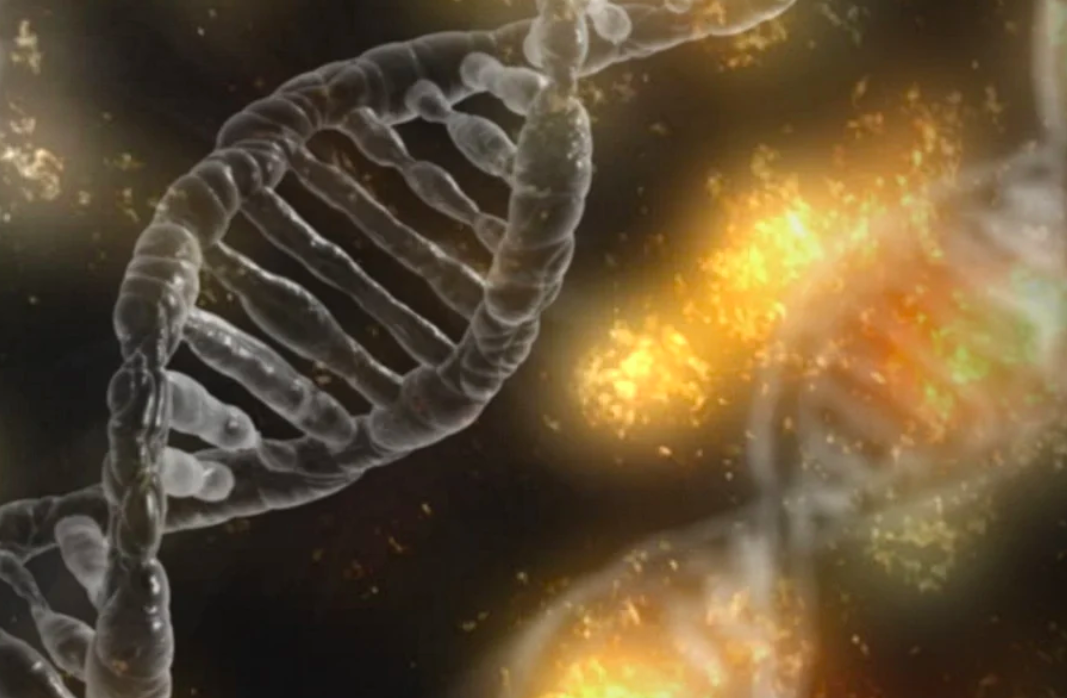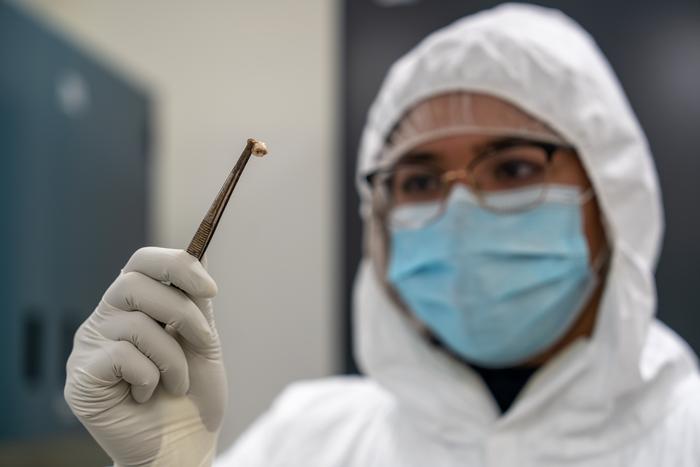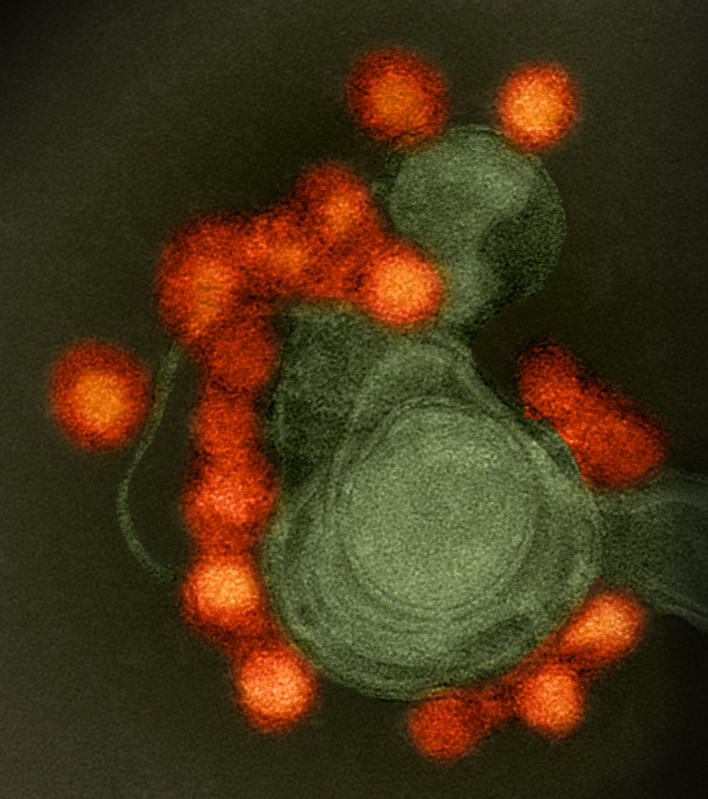The famous ‘Harbin cranium’ dates back to at least 146,000 years ago and was previously assigned to a new species, Homo longi.
A reconstruction of the Harbin individual in his habitat. Image credit: Chuang Zhao.
The Harbin cranium was…

The famous ‘Harbin cranium’ dates back to at least 146,000 years ago and was previously assigned to a new species, Homo longi.
A reconstruction of the Harbin individual in his habitat. Image credit: Chuang Zhao.
The Harbin cranium was…

In mammals, the liver can repair and regenerate after damage or injury through at least two biochemical pathways. Now scientists have identified genes that are crucial to liver regeneration; some are…

The CRISPR gene editing technology has transformed the research lab, and this powerful tool is now making its way into the clinic. So far, three different human diseases have been successfully treated in…

Bubonic plague has caused the deadliest pandemic in history: The Black Death, which killed as many as 50% of affected populations in Western Asia, Africa, and Europe. After that, in the 14th century, there…

While most of us carry the same human genes, those genes can have small changes or variations in their sequences, which can have a wide range of effects; some genetic changes may have very little or no effect…

Researchers have developed a gene editing strategy that could repair the genetic problems that lead to Huntington’s disease and Friedreich’s ataxia. These disorders arise because of abnormal repeats of three…

The Zika virus, which is mostly transmitted by Aedes aegypti mosquitoes, emerged around 2007 to cause infections around the world, primarily in Asia, the Americas, and Pacific nations. There was a massive…

When scientists genetically engineered mice so that they could not generate an amino acid called cysteine, and then fed the mice a diet without any cysteine in it, the mice lost 30% of their body weight in one…

Scientists and clinicians still have a lot to learn about how sex differences impact human diseases, such as how they can cause variations in symptoms, outcomes, and treatment efficacy. To shed some light on…

In celiac disease, the consumption of gluten, which is found in wheat, rye, barley, and some other grains and food products, causes the immune system to erroneously attack the intestine. This leads to…